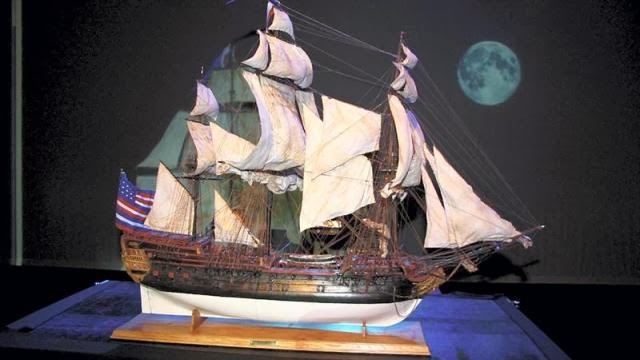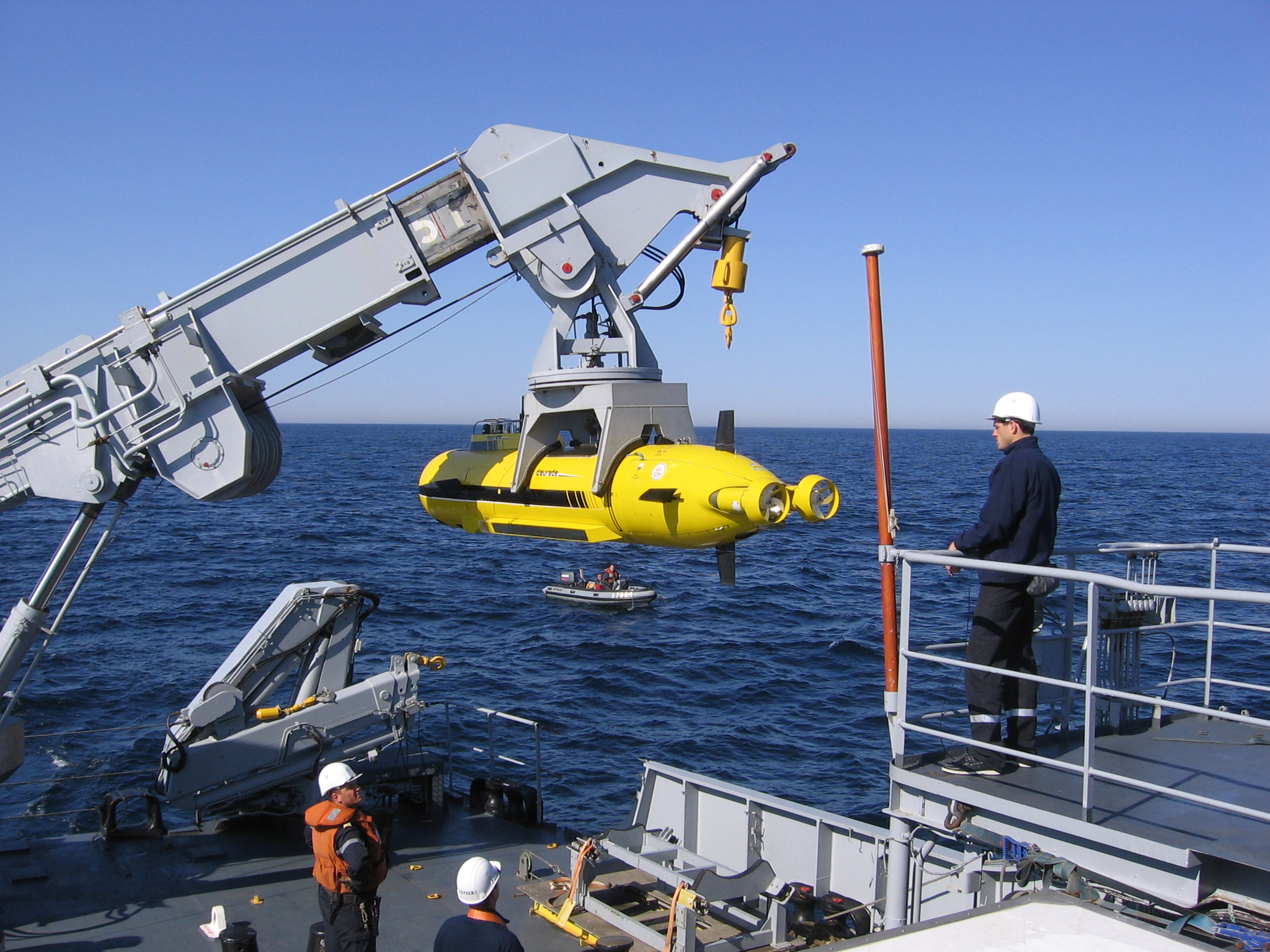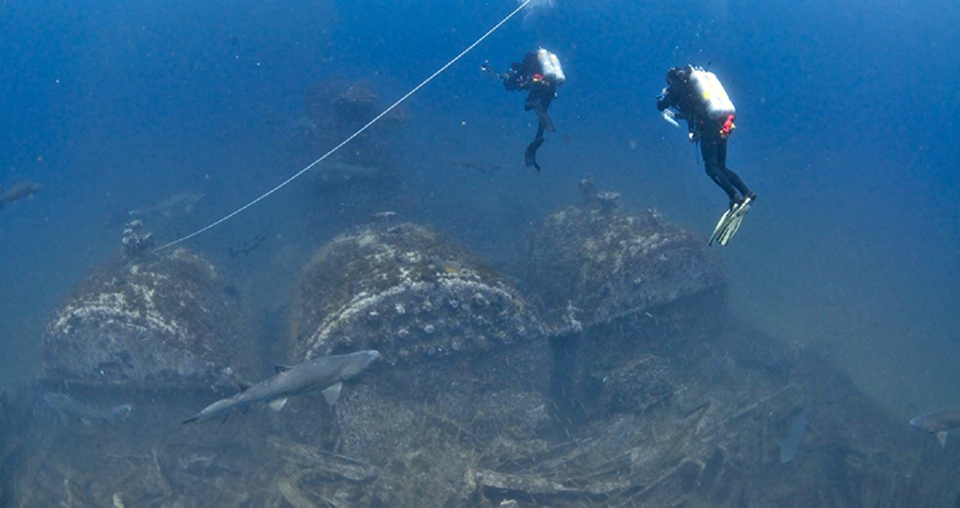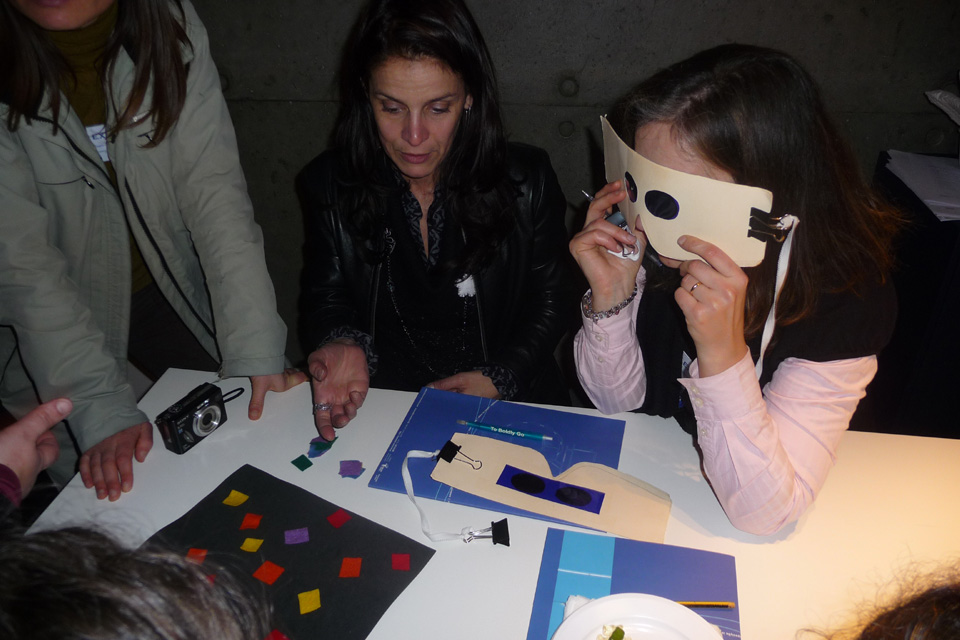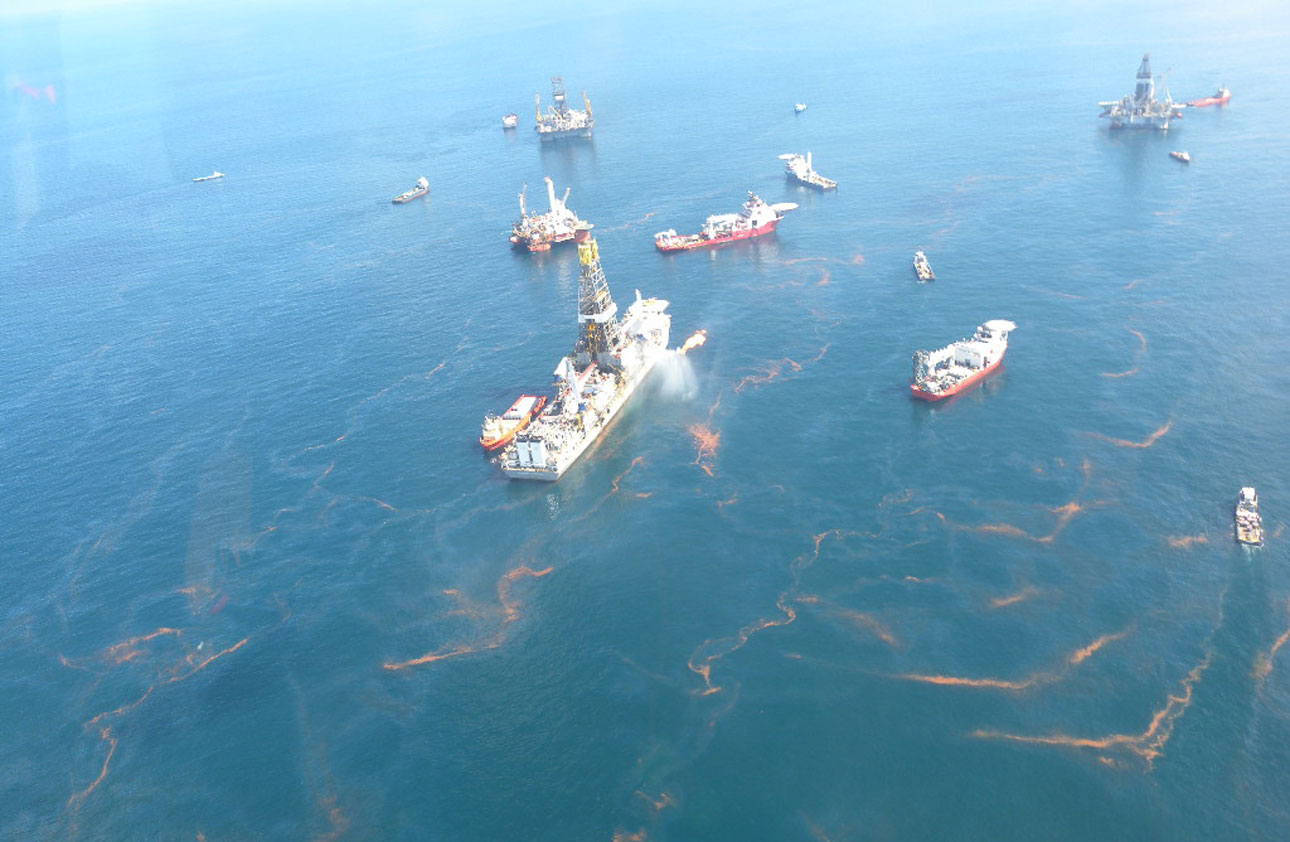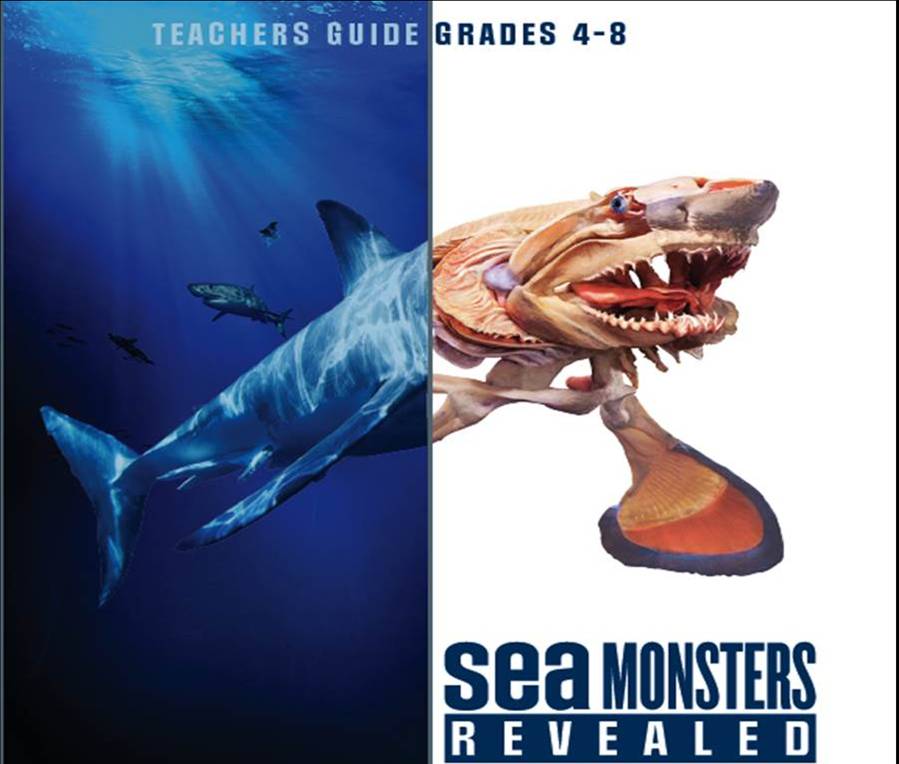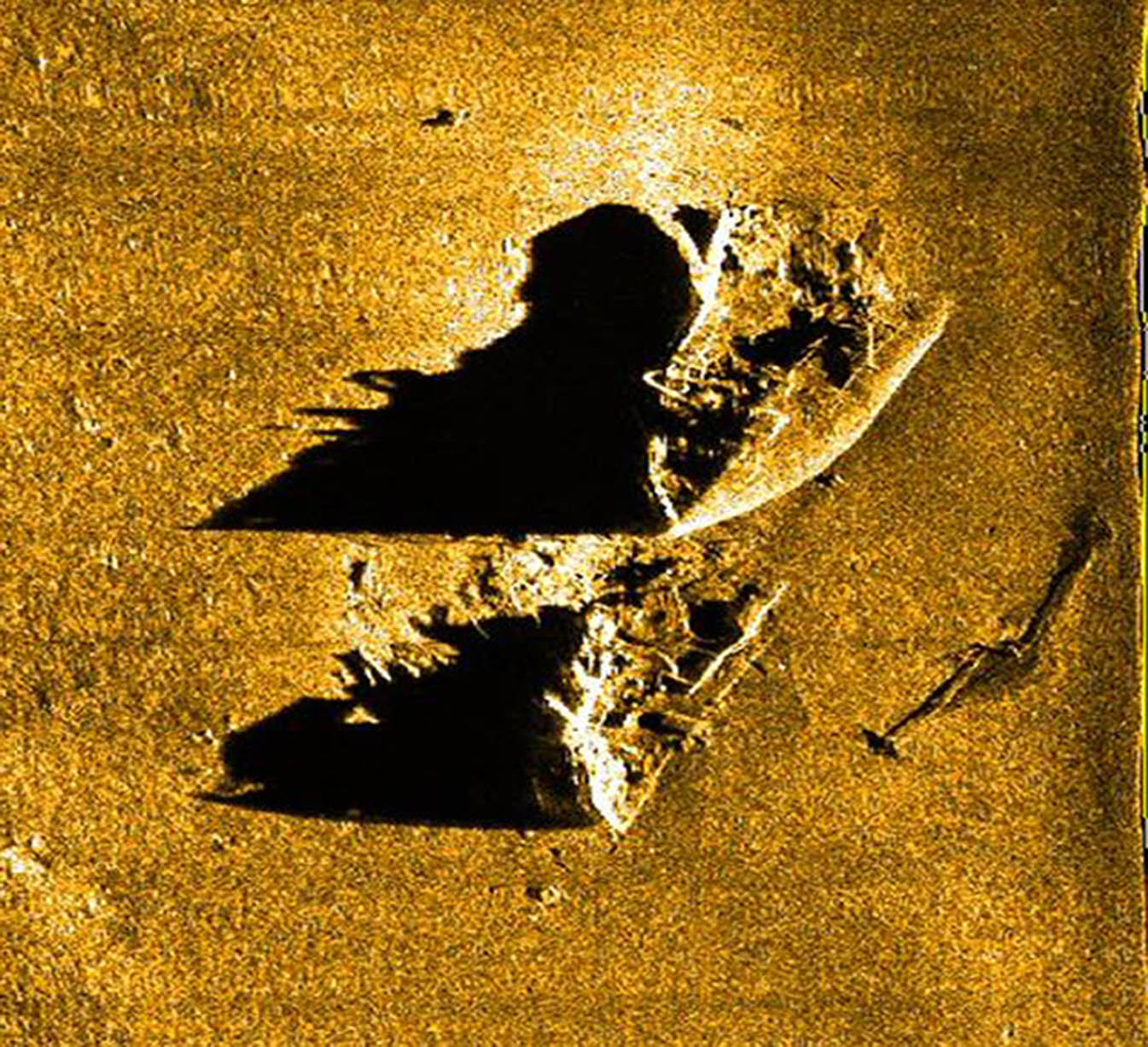A year ago, after months of late nights and weekends spent working my side hustle, I made the leap into freelancing full time. Since then, I’ve been consulting for various small businesses, helping them launch their online presence.
Re-Creating the Bonhomme Richard
A friend of mine in France just sent me this article that appeared in a French newspaper. Apparently the mayor of L’Orient, France, who is also Vice-President of the tourism board, would like to build a replica of the Bonhomme Richard to serve as a tourist attraction. What fun that would be! A colleague of mine had originally pitched this idea to the US Naval Academy a few years ago, but I guess it didn’t quite catch on. The BHR was built in L’Orient originally as the Duc de Duras, and then when it was loaned to the U.S., it was renamed Bonhomme Richard. The French have already built a replica of the vessel Hermione, which will be visiting the U.S. next year. It cost 25 million euros to build it.
Here is an image of the BHR model from the article, courtesy of Ouest-France:
I am going to try to contact the mayor and lend my support. Vive la France!
Marine Archaeology: The Search for the Bonhomme Richard
The Ocean Technology Foundation’s search for the Bonhomme Richard has been led by Melissa Ryan, President of MMC, since the project’s inception in 2005.
She manages all aspects of this multi-year, multi-national search for this historic wreck, which was the flagship of U.S. Naval hero John Paul Jones. She liaises with U.S., French, and British Navies as well as academia and private industry to establish partnerships and technology transfer opportunities. She also interfaces with U.S. and foreign Embassy staff and other high-level government officials in order to facilitate operations in foreign countries.
Over the years, the search has applied technologies such as Autonomous Underwater Vehicles, Remotely Operated Vehicles, magnetometers, side scan sonars, P3 Orion aircraft, the US Navy’s Submarine NR1, and deep sea divers. View the blog for more detail on this thrilling maritime quest. It is likely the most comprehensive marine archaeological survey being conducted, with more than 500 U.S. and French Navy personnel having participated in twelve expeditions, and hundreds more people working shoreside to make it all happen.
For more information, please visit the Bonhomme Richard Project website. Two recent publications are available here.
Polluting Shipwrecks and Underwater Munitions
 Potentially polluting shipwrecks pose a significant hazard to the environment, marine life, and human health. Wrecks which contain oil and whose hulls are corroding are being assessed for their damage and mitigation potential. Underwater munitions that were dumped at sea during the World Wars are also a threat to the marine environment. MMC is currently working on developing a course for undergraduate students that addresses these topics. The U.S. Coast Guard and the National Oceanic and Atmospheric Administration released a report in 2013 that identifies shipwrecks that are at risk for pollution events.
Potentially polluting shipwrecks pose a significant hazard to the environment, marine life, and human health. Wrecks which contain oil and whose hulls are corroding are being assessed for their damage and mitigation potential. Underwater munitions that were dumped at sea during the World Wars are also a threat to the marine environment. MMC is currently working on developing a course for undergraduate students that addresses these topics. The U.S. Coast Guard and the National Oceanic and Atmospheric Administration released a report in 2013 that identifies shipwrecks that are at risk for pollution events.
Teacher Professional Development
MMC facilitated Professional Development on-site workshops for middle and high school educators partner sites around the country as part of NOAA’s Office of Ocean Exploration and Research education program. Groups of 25-30 teachers participated in each workshop. As part of the Learning Ocean Science Through Ocean Exploration curriculum, workshop content focused on ocean science topics such as marine biology, marine geology, bioluminescence, exploration, and seabed mapping, as well as the use of the NOAA Ocean Explorer web site.
Through a NOAA grant to the Ocean Technology Foundation, MMC led efforts to implement NOAA Ocean Exploration workshops in Portugal and the Azores. Relationships between teachers and ocean researchers were catalyzed, and each of the four workshops contained classroom, lab, and field components.
Vessel Audit Reporting and Oil Spill Contingency Planning
MMC drafted and edited UNOLS vessel audit reports for this naval architecture and salvage engineering firm. MMC also prepared oil spill contingency plans, including Facility Response Plans (FRP) and Marine Operations Manuals (MOM) for U.S. Coast Guard approval. The MOM describes the procedures that a facility will follow for performing transfers of oil to/from vessels. The FRP is required by federal law and prepared by all owners/ operators of drilling rigs and oil storage facilities to guide response to a “worst case discharge” of oil into the surrounding environment.
Sea Monsters Revealed – Educator’s Guides
Client: Kre8360
 Mystic Maritime Consulting created content for two Educators’ Guides to be used in conjunction with the Sea Monsters Revealed exhibit. This fascinating exhibit is similar to the well-known Bodies Exhibit, but uses plastination techniques to give viewers a close-up look at the inside of sea creatures. It also highlights ocean exploration and the technologies used in exploring Earth’s final frontier. This traveling exhibit spends several months at a time in the nation’s top aquariums. The Educator’s Guides are geared toward grades 4-8 and 9-12. They contain classroom-ready, hands-on lessons focusing on ocean exploration, bioluminescence, adaptations of deep sea fishes, and underwater robots.
Mystic Maritime Consulting created content for two Educators’ Guides to be used in conjunction with the Sea Monsters Revealed exhibit. This fascinating exhibit is similar to the well-known Bodies Exhibit, but uses plastination techniques to give viewers a close-up look at the inside of sea creatures. It also highlights ocean exploration and the technologies used in exploring Earth’s final frontier. This traveling exhibit spends several months at a time in the nation’s top aquariums. The Educator’s Guides are geared toward grades 4-8 and 9-12. They contain classroom-ready, hands-on lessons focusing on ocean exploration, bioluminescence, adaptations of deep sea fishes, and underwater robots.
Oceans and Human Health
What can we learn from a squid about our own nervous system?
How can substances found in marine sponges help to treat cancer?
MMC creates curricula and teaches online courses on Oceans and Human Health (OHH). These courses have been offered as professional development for teachers through the College of Exploration, and to undergraduate students at Goodwin College in Connecticut. The materials serve as a general introduction to a cutting-edge topic in ocean science: the relationship between oceans and human health. Global climate change, harmful algal blooms, marine biopharmaceuticals, and the use of marine organisms as biomedical models are some of the topics presented. Federal policies and organizations focusing on OHH are also explored. Potentially polluting shipwrecks and underwater munitions dumps may also impact human health.
Historic Shipwrecks – Online Course
Clients: U.S. Naval Academy and Ocean Technology Foundation
MMC developed and instructed the U.S. Naval Academy’s first and only online course, Historic Shipwrecks, which focuses largely on the methods, technologies, and policies involved in the Ocean Technology Foundation’s Search for the Bonhomme Richard. The course integrated science, history, technology and engineering into a multidisciplinary and interactive learning experience for midshipmen. Under the tutorship of MMC President Melissa Ryan, five midshipmen participated in the 2010 and 2011 expeditions to search for the Bonhomme Richard in the North Sea.

